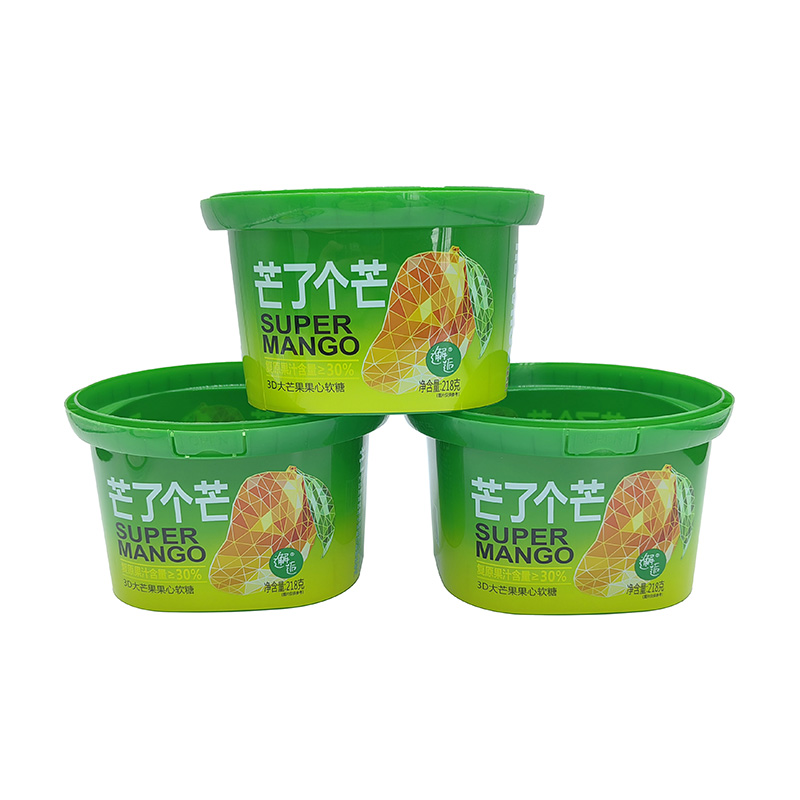What is the Raw Material of IML?
In-Mold Labeling (IML) is a technique widely used in the packaging industry, particularly for products that require durable, aesthetically pleasing, and functional labeling. This method involves molding a label directly onto the surface of a plastic part during the manufacturing process. One notable characteristic of IML containers is that both the labels and the plastic parts are made from the same material. This consistency in material use not only enhances the aesthetic appeal but also ensures durability and recycling efficiency.
The raw material of choice for IML, as mentioned, is Polypropylene Plastic, commonly referred to as PP and designated as #5 plastic in recycling codes. Polypropylene is a thermoplastic polymer with exceptional physical properties that make it ideal for a wide range of applications. Its durability, chemical resistance, and ability to withstand high temperatures make it a perfect fit for packaging, particularly in the paint industry where IML containers are prominent.
Key Properties of Polypropylene Plastic
Durability: Polypropylene is known for its high tensile strength and resilience, making it resistant to tearing and wear. This makes it suitable for use in containers that need to withstand rough handling and transportation.
Chemical Resistance: Polypropylene is resistant to many chemicals, including acids, bases, and solvents. This makes it a safe choice for packaging materials that may come into contact with various substances.
Temperature Resistance: Polypropylene can withstand temperatures ranging from below freezing to over 200°F (93°C). This wide temperature range allows it to be used in environments where extreme heat or cold is present.
Recyclability: As one of the most recycled post-consumer materials in the United States, polypropylene plays a significant role in the circular economy. Its high value and versatility mean that it is frequently sought after for recycling initiatives.
Advantages of Using Polypropylene in IML
Unified Appearance: Using the same material for both the label and the plastic part ensures a seamless, integrated look. This enhances the overall aesthetic appeal of the product.
Durability of Labeling: Since the label is molded directly onto the plastic, it is less likely to peel, fade, or wear off over time. This ensures that the information on the label remains clear and legible for the product's lifetime.
Recycling Efficiency: Polypropylene's recyclability is further enhanced when used in IML containers. Since both the label and the container are made of the same material, they can be easily separated and recycled together, reducing waste and promoting sustainability.
 English
English Español
Español  русский
русский  Français
Français  日本語
日本語  Deutsch
Deutsch  tiếng Việt
tiếng Việt  Italiano
Italiano  Nederlands
Nederlands  简体中文
简体中文  ภาษาไทย
ภาษาไทย  Polski
Polski  한국어
한국어  Svenska
Svenska  magyar
magyar  Malay
Malay  Pilipino
Pilipino  Türkçe
Türkçe  العربية
العربية  Indonesia
Indonesia 




